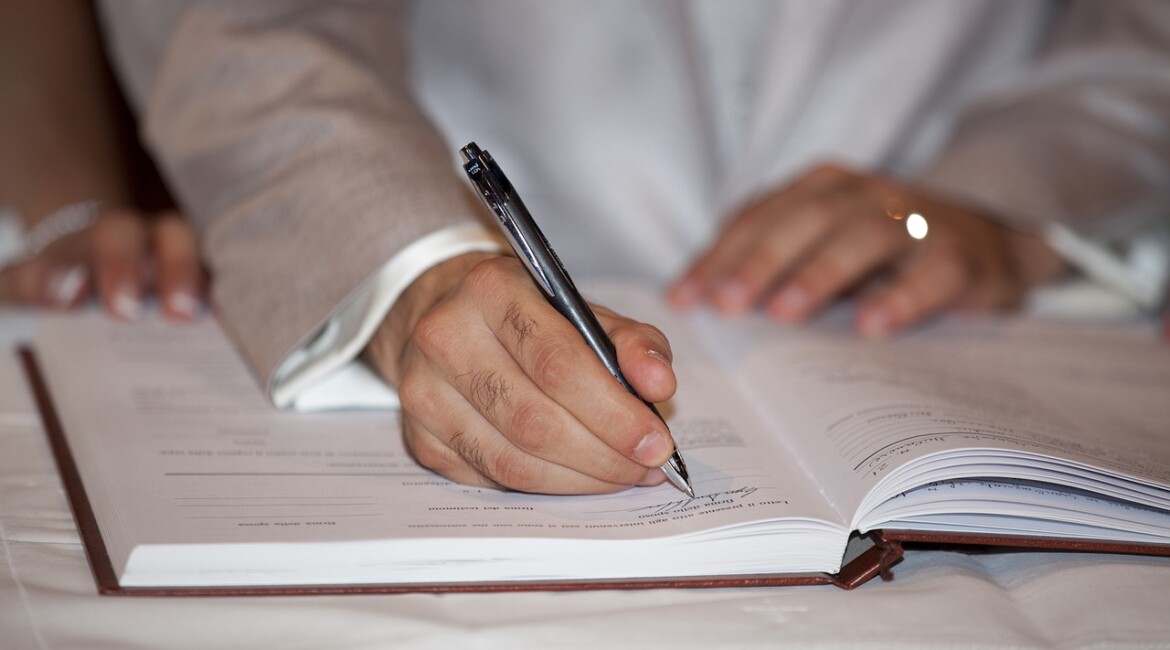
What Is An Expert Witness (Part 35)?

In cases in which the issues fall outside of the technical or specialist knowledge of the court, expert witnesses can be appointed to advise on the issue. Expert witness is a person with specialised knowledge, skill, education or experience in a particular field who is called upon to provide their expertise in legal proceedings to assist the court with understanding complex technical issues. The primary function of an expert witness is to express an expert opinion on the information that is provided. The legal procedure is detailed in Part 35 of the Civil Procedure Rules (CPR).
Duty
The main duty of an expert witness is to help the court on matters within their expertise, this duty overrides any obligation to the person from whom experts have received instructions or by whom they are being paid. Expert witnesses help the court to achieve the overriding objective by giving an opinion which is objective and unbiased in relation to their area of expertise. Section 35 establishes that expert evidence must be independent, transparent and objective, uninfluenced by the pressures of litigation. If experts fail to fulfil their duties or comply with standards, the evidence may be rejected.
Types of case in which expert evidence may be required
The types of cases that require expert evidence are those that involve technical information relating to specific areas that fall outside the scope of the court’s expertise. The court will usually permit expert evidence to be adduced in cases in which it is likely to need help from a third party with the appropriate knowledge and experience to understand the issue in dispute. Claims that may require expert witnesses include:
- Professional negligence
- Personal injury
- Shipping and construction
- IT
- Intellectual property
How to choose an expert
When choosing an expert there are a number of factors that should be considered to ensure the best possible outcome, these include:
Personal recommendations
Expertise, experience and suitability
- Consider carefully the nature of the expertise required given the nature of the claims and issues involved in the case.
- Consider whether more than experts might be needed if there are several specialist areas raised by the case proceedings.
- Ascertain whether the expert has precisely the correct type of expertise the case requires.
Fact find
- Once you have identified a potential expert, find out as much information on them as possible including internet searches, other parties’ experts.
Identify any previous criticism
- Consider whether to ask proposed experts if they have been subject to criticism in any previous cases they have worked in.
- If they have, you may decide to proceed with them but that information would need to be disclosed to the court.
- Consider the expert’s qualifications from their CV and references.
- Look at their credentials to determine if they have the relevant experience.
- Look into their past performance at trial, conflicts they might have had or if they are able to work as a team player, should the case require input from more than one expert.
Good knowledge of the topic
- Expert witnesses should have a general understanding of their subject area as a whole and not be restricted to the specific area on which their opinion is sought.
- It is a common tactic for opposing counsel to try to discredit an expert on cross-examination by exposing the limited scope of the expert’s knowledge.
Well-respected
- It is important that the expert witness is respected and recognised in the relevant field
- An expert who has a reputation for novel and untested theories will not be a credible witness and is likely to harm a case.
- A witness who retired some time ago or who does nothing but act as an expert witness may be less up to date with recent developments in the area of expertise.
Trial experience
- Ideally, the expert will be someone who has been in court as an expert witness before to avoid being undermined on cross-examination if required to give oral evidence at trial.
- Judges particularly look for clarity in experts.
Hot-tubbing
At times, during proceedings, the judge may decide to employ the practice of “hot-tubbing”. This term refers to the situation in which expert witnesses from the same discipline are sworn into the witness box at the same time and are available, simultaneously, for the judge to question, as opposed to being cross-examined individually. During hot-tubbing, each expert is provided with an opportunity to present their views in relation to the issue in question, hence, disagreements between experts become immediately apparent and opposing expert witnesses can challenge each other’s views.
Applying for permission
CPR 35.4 sets out that no expert report can be served or expert evidence used without obtaining court permission beforehand. The presumption is that the expert’s evidence will be given in the form of a written report which may be restricted to that which shall reasonably be required to resolve the proceedings. The main points to consider when seeking permission to use expert evidence are:
- Expert evidence should be given in the form of a written report. Permission is needed to call the expert to give evidence in person at trial.
- Evidence is restricted to that which, reasonably be required to resolve the proceedings and comply with the limits that the court can place on the nature and extent of the evidence. So, the numbers and types of experts will be limited by the court.
- The need for parties to be organised in terms of thinking about the number of experts, considering the need for oral evidence at trial and obtaining permission to rely on it in good time if parties wish to rely on it.
It may be tougher to obtain permission to use expert evidence in professional negligence claims against lawyers, as judges often feel capable of addressing these claims themselves.
Instructing an expert
Those instructing experts should ensure that they give clear instructions and attach relevant documents relating to the issues and facts of the case. The information that should be provided when instructing an expert includes:
- Basic information such as names, addresses, telephone numbers, dates of incidents and, if applicable, relevant claim reference numbers.
- Instructing solicitors and experts need to be aware of their obligations in relation to personal data.
- The nature of the expertise required.
- The purpose of the advice or report includes a description of the matters to be investigated, the issues to be addressed and the identity of all parties involved.
- The statement of case (if any), and relevant documents which form part of the disclosure and witness statements that are relevant to the advice or report.
- Where proceedings have not yet started, whether they are contemplated and, if so, whether the expert is being asked only for advice.
- Where proceedings have started, the dates of any hearings (including any case/costs management conferences and/or pre-trial reviews), the dates fixed by court or agreed between parties for the exchange of experts’ reports and any other relevant deadlines as well as the name of the court, claim number, track to which the claim has been allocated and whether there is specific budget for the experts’ fees.
Experts rights to request direction
Experts can file a written request for directions to assist them in carrying out their functions. If experts intend to ask for directions, they need to provide their instructing solicitors with a copy of the proposed request for directions at least seven days before filing it and provide all other parties with a copy at least four days before filing. In seeking directions from the court, the expert should guard against accidentally informing the court about communications that are without prejudice or otherwise privileged.
Experts reports and discussion
The main matters to note about the experts’ reports and discussions are:
Mode of evidence:
- Report must comply with practice direction 35.
- The report must include a statement that the duties to the court have been complied with.
Service of reports
- At the case management conference, the court usually orders simultaneous exchange of experts’ reports.
- It is sometimes necessary to amend or supplement an expert report.
Questions on reports
- A party may put proportionate written questions about an expert’s report to an expert instructed by another party, or a single joint expert appointed.
Discussions
- Although discussions between experts may, in principle, take place at any stage of the proceedings, in practice the date by which such a discussion should take place is usually included in the directions at the first case management meeting.
Joint statement
- Following a discussion between experts, the court may direct that they must prepare a statement setting out those issues on which they agree and disagree, along with a summary of their reasons for disagreeing.
Image by Claudio Scot from Pixabay.
This article is intended for general information only, applies to the law at the time of publication, is not specific to the facts of your case and is not intended to be a replacement for legal advice. It is recommended that specific professional advice is sought before relying on any of the information given. © Jonathan Lea Limited.
